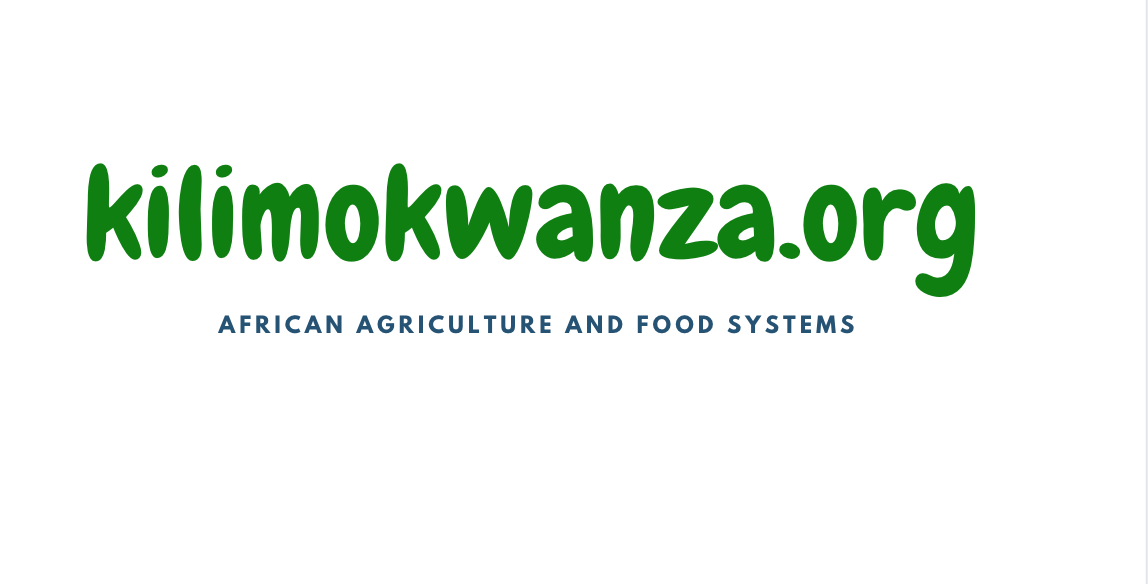In today’s interconnected world, the intricacies of our global food system have become increasingly evident. Disparities in food access and availability span across regions, giving rise to critical health challenges. While the affluent segments grapple with issues like non-communicable diseases, the most vulnerable face malnutrition and inadequate dietary intake. As the need for systemic reform becomes more pressing, the path to change remains fraught with political divergences and pushback.
Lending a vital voice to this discourse is the International Food Policy Research Institute (IFPRI), renowned for its contributions to food and agricultural research. Their latest endorsement, a publication co-edited by experts Danielle Resnick and Johan Swinnen, titled “The Political Economy of Food System Transformation: Pathways to Progress in a Polarized World,” dives into the multifaceted challenges and opportunities in food system transformation. This collaborative effort between IFPRI and Oxford University Press delves deep into the evolving landscape of global food systems, encompassing both local and international dimensions.
It’s evident that food systems have evolved beyond mere sustenance. Their expanded role now encompasses responsibilities ranging from promoting racial and gender justice to preserving indigenous knowledge and biodiversity. The dynamics have further shifted with the involvement of varied stakeholders, including tech enterprises, financial institutions, and global advocacy networks.
However, as food systems adapt, so do the politics surrounding them. The recent surge in populist movements globally, characterized by emotive narratives often overshadowing fact-based discussions, further complicates matters. High-stakes geopolitical events, such as the implications of Russia’s actions in Ukraine, exacerbate global divisions, making cohesive action on universal challenges like climate change even harder. In large, diverse forums like the United Nations Food Systems Summit, pinpointing responsibility becomes increasingly complex.
Yet, amidst these challenges, the book offers hope and direction. Drawing from a diverse pool of experts across fields such as economics, ecology, and public policy, it presents a comprehensive picture. These contributors unearth core challenges, spotlight global success stories, and provide actionable strategies. Key takeaways highlight the importance of understanding underlying motivations, leveraging opportunities for collective action, and crafting innovative policies that unite stakeholders in the pursuit of change.
For those yearning for clarity and actionable insights on food system reform, this publication emerges as a vital resource. By shedding light on the intricate dance of politics, economics, and society in food systems, it aims to inspire informed action and meaningful transformation.
“The Political Economy of Food System Transformation: Pathways to Progress in a Polarized World” is now available for free download, offering invaluable knowledge for a more sustainable and equitable food future.
Link to the publication–https://fdslive.oup.com/www.oup.com/academic/pdf/openaccess/9780198882121.pdf
